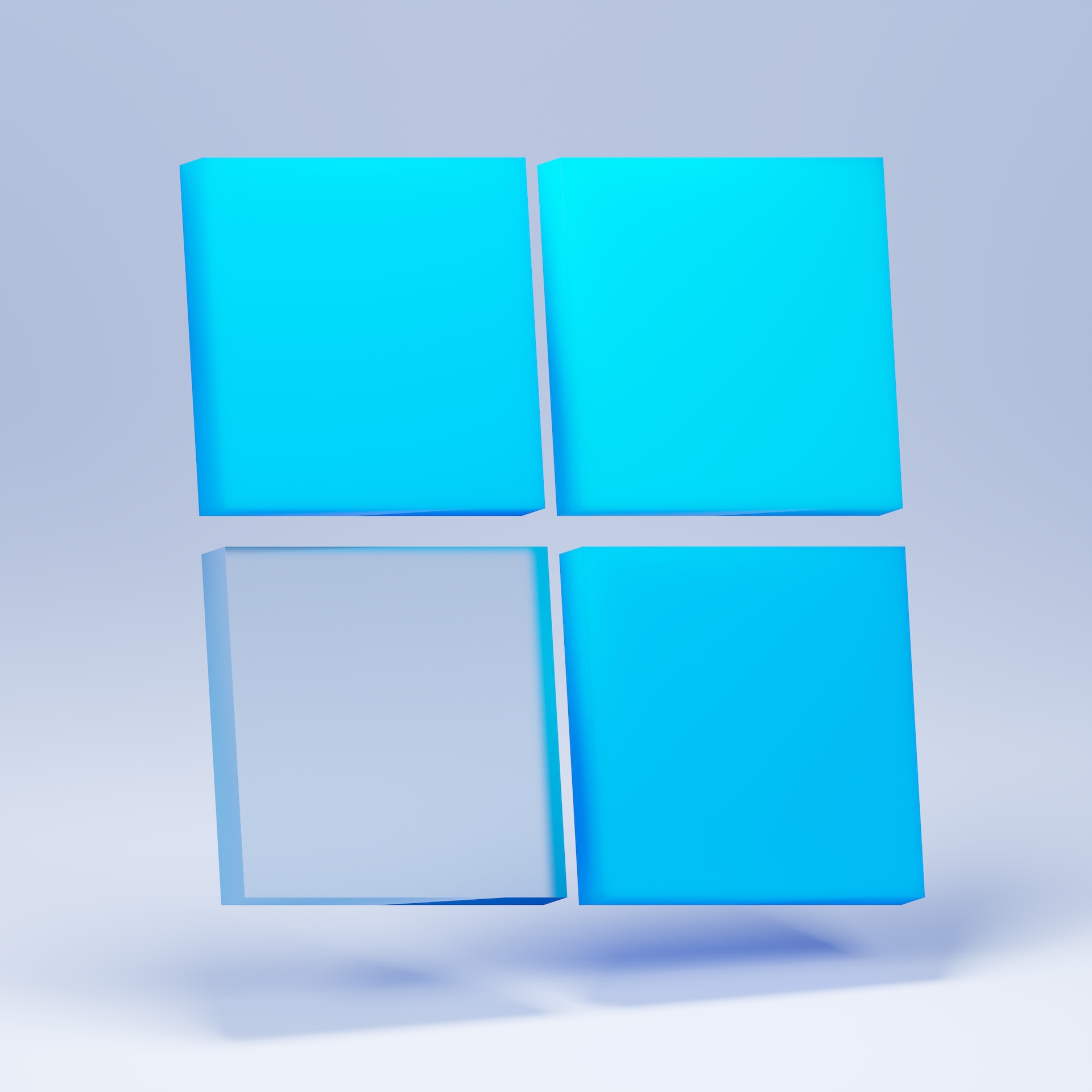Quantum computing is no longer a concept relegated to sci-fi movies or elite research facilities. Advancing rapidly, it is poised to tackle problems far beyond the reach of classical computers. Whether you’re a seasoned IT professional, a data scientist, or a tech enthusiast, understanding quantum computing is quickly becoming a necessary skill to stay ahead in the technological landscape.
This guide will take you through the essentials of quantum computing—from its fundamentals to its real-world applications and future potential. Whether you’re here to learn the basics or explore advanced concepts, let’s unveil the secrets behind this revolutionary technology.
What is Quantum Computing, and Why is It Important?

Quantum computing is a groundbreaking field of technology that leverages quantum mechanics to process data in ways that classical computers cannot. Unlike traditional computers that use bits (which are either “0” or “1”), quantum computers use quantum bits, or qubits, which can exist as “0”, “1”, or both simultaneously (thanks to superposition).
Why does this matter? Quantum computers are capable of solving complex problems exponentially faster than classical computers. From optimizing supply chains to discovering new medicines, the potential impacts span industries, promising innovation at an unprecedented scale.
The Fundamentals of Quantum Computing
To understand quantum computing, it’s crucial to grasp its building blocks.
What Are Qubits?
The fundamental unit of quantum information, qubits, operate using the principles of superposition and entanglement. Superposition allows a qubit to be in multiple states at once, enabling parallelism in computing. Entanglement, on the other hand, links qubits together so that the state of one can instantaneously influence another—even if they’re miles apart.
Example:
Imagine trying to crack a password. A classical computer tests combinations one at a time, but a quantum computer can analyze multiple possibilities simultaneously, thanks to superposition.
What Are Quantum Gates?
Quantum gates perform operations on qubits and are the equivalent of logic gates in classical computing. They manipulate the probabilities of a qubit’s states, allowing complex calculations. Some of the most common quantum gates include:
- Hadamard Gate: Creates a superposition, turning a definite state into multiple probabilities.
- Pauli-X Gate: Functions like a NOT gate by flipping the state of a qubit.
- CNOT Gate: Creates entanglement between two qubits.
These gates form the foundation of quantum algorithms, enabling quantum computations unheard of in the classical realm.
Quantum Algorithms: Breaking Ground with Advanced Computation
At the heart of quantum computing lies its ability to run algorithms far beyond classical capabilities. Here are some of the most notable quantum algorithms shaping the future:
Shor’s Algorithm
Used for prime factorization, Shor’s algorithm can break widely-used encryption methods (like RSA) efficiently. Its implications for cybersecurity are profound, as it could render many current encryption protocols obsolete.
Grover’s Algorithm
Grover’s algorithm accelerates search operations within unsorted databases. While not exponentially faster, its quadratic speedup makes it valuable for optimization problems.
Quantum Teleportation
Though it sounds like science fiction, quantum teleportation involves transferring quantum states between particles at a distance, utilizing entanglement. This technology underpins the idea of futuristic, secure quantum networks.
Real-World Applications of Quantum Computing

Quantum computing is already leaving its mark on several industries by addressing highly complex problems:
1. Healthcare
Quantum computers analyze vast datasets, accelerating drug discovery timelines. For instance, they can simulate molecular interactions for potential drugs, a task that might take classical computers years.
2. Finance
From risk analysis to portfolio optimization, quantum computing enhances decision-making in finance. Big names like JPMorgan Chase and IBM are already experimenting with quantum algorithms to optimize trading strategies.
3. Cybersecurity
While quantum computing threatens to break existing encryption, it also holds the answer to better security. Quantum cryptography uses quantum mechanics to develop tamper-proof communication systems.
Quantum Computing vs. Classical Computing
How do quantum and classical computing stack up? Here’s a quick comparison:
|
Aspect |
Classical Computing |
Quantum Computing |
|---|---|---|
|
Basic Unit |
Bit (0 or 1) |
Qubit (0, 1, or both simultaneously) |
|
Processing Power |
Sequential |
Parallel |
|
Use Cases |
General-purpose computing, everyday tasks |
Complex calculations, optimization, cryptography |
|
Primary Challenge |
Speed and scalability |
Stability of qubits, error correction |
While classical computers remain indispensable for everyday applications, quantum computers excel when tackling problems that require immense computational power.
The Future of Quantum Computing
Quantum computing is still in its infancy, but its trajectory is clear. Industry leaders like Google, IBM, and Rigetti are heavily investing in research to achieve quantum supremacy, a point where quantum computers outperform classical ones in significant tasks.
Challenges
- Qubit Stability: Qubits are fragile and easily influenced by their environment, leading to computational errors.
- Scalability: Current quantum systems have limited qubits, constraining their capability for large-scale problems.
Opportunities
The integration of quantum computing with cloud services, such as IBM Quantum and AWS Bracket, is expanding accessibility. This trend enables developers and businesses to explore quantum computing without owning costly hardware.
Getting Started with Quantum Computing
Curious about quantum computing but don’t know where to begin? Here are some resources and tools to help you get started:
Beginner-Friendly Platforms
- IBM Quantum Experience: An online platform offering free access to quantum computers.
- Microsoft Quantum Development Kit (QDK): A toolkit for writing quantum algorithms in Q#.
Educational Resources
- MIT OpenCourseWare: Offers free lectures on quantum mechanics and quantum computing basics.
- Quantum Computing Courses on Coursera and edX.
Pro Tip:
Start exploring by simulating quantum algorithms on classical computers before moving onto physical quantum systems.
Driving Innovation with Quantum Computing
Quantum computing is rewriting the rules of computation, enabling breakthroughs across industries. While challenges like qubit stability and error correction remain, progress is accelerating thanks to global collaboration among tech giants, researchers, and developers.
Innovation begins with curiosity. If you’re ready to harness the power of quantum computing, start exploring today. Who knows? The next breakthrough could be yours to claim.










